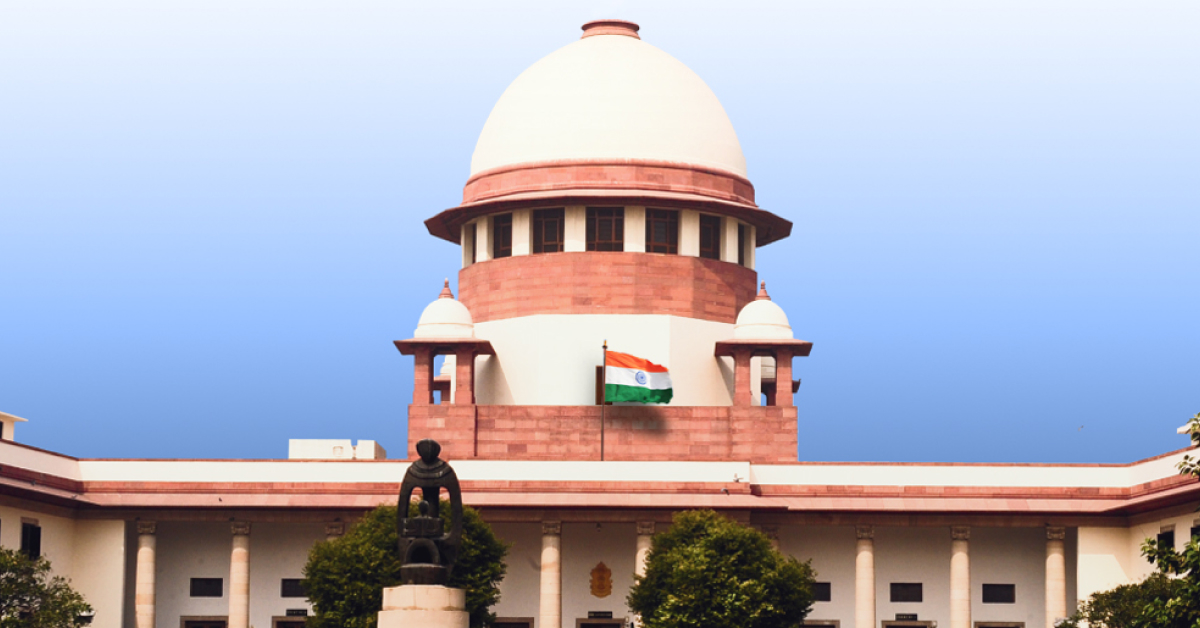At the heart of the case was whether individuals or entities not served with a notice under Section 21 or not named in a Section 11 application could still be joined as parties to arbitration proceedings. The Supreme Court held that while a Section 21 notice is mandatory for fixing the commencement date of arbitration, its non-service does not preclude a party’s joinder if they are found to be part of the arbitration agreement.
The arbitral dispute stemmed from a project executed through an LLP jointly formed by the appellant and respondent. A sum of ₹7.31 crores was claimed by Adavya Projects from Vishal Structurals relating to the reconciliation of accounts. Initially, the arbitration was invoked only against respondent no. 1. Later, respondent nos. 2 and 3—namely, the LLP and its CEO—were sought to be impleaded.
The arbitral tribunal rejected this request, arguing that because respondent nos. 2 and 3 had neither received the Section 21 notice nor were included in the Section 11 petition for appointment of arbitrator, they could not be brought in. The High Court upheld this reasoning.
However, the Supreme Court reversed both rulings, reinforcing the principle of kompetenz-kompetenz enshrined in Section 16 of the ACA, which empowers arbitral tribunals to determine their own jurisdiction.
“The relevant consideration to determine whether a person can be made a party before the arbitral tribunal is if such a person is a party to the arbitration agreement,” the bench noted.
Significantly, the Court observed that while a Section 21 notice serves important functions—like determining the limitation period and applicable law—it does not limit the tribunal’s power to join parties who are found to be part of the arbitration agreement, even if not directly served.
The Court also clarified that a Section 11 application filed for the appointment of arbitrators is merely procedural. Its scope is restricted to a prima facie examination of the existence of the arbitration agreement. Consequently, not naming someone in this stage does not eliminate their right or obligation to participate in the arbitration proceedings if they are deemed bound by the agreement.
“Merely because such a notice was not issued to certain persons who are parties to the arbitration agreement does not denude the arbitral tribunal of its jurisdiction to implead them as parties during the arbitral proceedings,” the judgment emphasized.
In a decisive application of the Group of Companies doctrine, the Court found that the conduct of respondent nos. 2 and 3, who were integral to executing the agreement’s commercial obligations, evidenced their consent to arbitrate. The CEO’s role, defined under the LLP agreement, and the LLP’s very existence being rooted in that agreement, meant both were inherently bound by the arbitration clause.
“Respondent nos. 2 and 3, through their conduct, consented to perform contractual obligations under the LLP Agreement... and hence, they are bound by the arbitration clause,” the Court declared.
The judgment not only reinstated Adavya Projects’ claim against all three respondents but also directed the arbitral tribunal to proceed with the matter promptly, given that the claim was originally filed in 2022 and significant delays had already occurred.
This ruling is poised to serve as a foundational precedent on how Indian arbitration law interprets consent, notice, and party joinder—streamlining dispute resolution under multi-party commercial contracts and reinforcing the primacy of arbitration agreements in determining jurisdiction.
Read The Judgment Here
keywords: arbitration agreement, section 21 aca, section 11 aca, arbitral tribunal jurisdiction, non-signatories in arbitration, kompetenz-kompetenz

